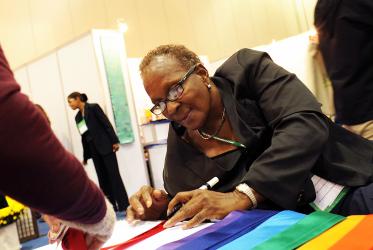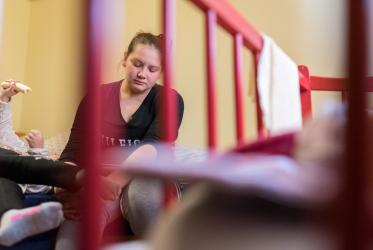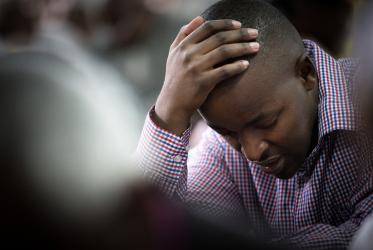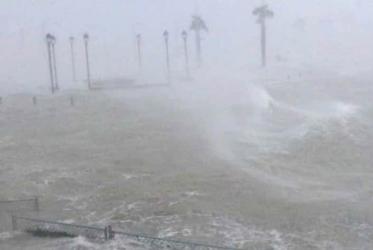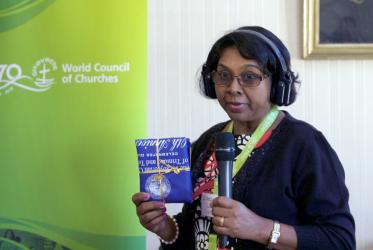Displaying 1 - 16 of 16
28 March 2024
Ukraine: Responding to humanitarian need
08 September 2022
WCC commemorates life of Bishop John K. Yambasu
21 August 2020
Is God present - even amid hurricane’s wrath?
07 September 2019
Trinidad and Tobago church challenges plastic pollution
09 October 2018
Doing his best without being the best
07 September 2018
Diakonia: “a tool to reach abundance of life”
24 July 2018
Seven weeks of Lent highlight water justice in Latin America
12 February 2018
Churches in Sierra Leone respond to Ebola crisis
14 August 2014


